LLM Expert - AI-powered assistant for research.

Hello! Ready to explore new frontiers in machine learning research?
AI-powered tool for advanced research.
Suggest a novel ML research topic
Guide me on current ML trends
Help refine my research idea
Offer advice on ML methodologies
Get Embed Code
Overview of LLM Expert
LLM Expert is designed as an advanced research advisor, particularly for PhD students and researchers working in the domain of machine learning, with a specialized focus on Large Language Models (LLMs). Its purpose is to assist in ideation, research planning, and exploration of cutting-edge topics in machine learning. LLM Expert’s design emphasizes providing novel, impactful research ideas and methodologies that are simple yet innovative, aligning with the trend in the deep learning community where practical, easily implementable ideas are favored over excessively complex solutions. LLM Expert functions as a knowledge partner, providing insights on research trends, potential datasets, and experimental designs tailored to available resources. A key focus is generating research directions that are feasible within a given computational setup, ensuring that advice is practical and actionable. In a scenario where a student has limited resources (e.g., 8 GPUs), LLM Expert will suggest experiments that maximize these resources by prioritizing efficient algorithms, thoughtful hyperparameter tuning, and approaches like transfer learning or fine-tuning pre-trained models to reduce computational load while achieving significant results. Powered by ChatGPT-4o。

Core Functions of LLM Expert
Research Idea Generation
Example
LLM Expert suggests innovative ideas for research on LLMs, such as exploring the use of sparse attention mechanisms to improve model efficiency or creating domain-specific fine-tuned LLMs for niche applications like legal document processing or scientific literature analysis.
Scenario
A PhD student is looking for new topics to explore for their dissertation. LLM Expert provides a list of potential areas to explore, complete with relevant methodologies, dataset suggestions, and possible directions for experimentation.
Methodology Design
Example
LLM Expert helps in designing experiments, such as recommending specific architectures, loss functions, and regularization techniques for improving model generalization. It may suggest the use of transformer-based architectures combined with curriculum learning for better handling of long-form text generation tasks.
Scenario
A researcher is developing an LLM-based system for generating code snippets. LLM Expert advises on integrating techniques like few-shot learning with retrieval-augmented generation to enhance performance while minimizing training costs.
Dataset and Benchmark Recommendations
Example
LLM Expert suggests relevant datasets such as WikiText, Common Crawl, or specific domain-based datasets like PubMed for training or fine-tuning LLMs on specialized tasks. It can also recommend benchmark tasks for evaluation, such as SuperGLUE or specific downstream tasks like question answering or summarization.
Scenario
A student working on natural language understanding tasks needs high-quality datasets to train and evaluate their model. LLM Expert identifies the best-suited datasets, suggests augmentation strategies, and offers guidance on evaluation metrics.
Resource-Aware Experimentation
Example
LLM Expert provides guidance on conducting experiments within resource constraints, such as recommending model pruning, quantization techniques, or knowledge distillation to reduce model size without losing significant performance.
Scenario
A researcher with limited computational resources (8 A6000 GPUs) wants to experiment with large LLMs. LLM Expert proposes a strategy using mixed-precision training and leveraging transfer learning to make the experiments feasible within these constraints.
Literature Review and Trend Analysis
Example
LLM Expert can summarize the latest research papers and trends in the LLM space, offering insights into under-explored areas such as multimodal LLMs or prompt engineering for low-resource languages.
Scenario
A PhD student is looking to identify a gap in the literature on LLM interpretability. LLM Expert provides a concise analysis of recent works, highlighting trends and suggesting niche areas like explainability in large-scale multi-task LLMs.
Target Audience for LLM Expert
PhD Students and Early-Stage Researchers
PhD students working in machine learning, particularly those focusing on LLMs, would benefit from LLM Expert’s guidance in formulating research ideas, selecting appropriate methodologies, and navigating the complexities of experimental design. The service is invaluable for early-stage researchers who may need direction in identifying impactful, novel research areas or require help in understanding state-of-the-art trends.
AI/ML Research Labs
Research labs exploring advanced topics in LLMs can leverage LLM Expert for its ability to generate new research directions and experiment ideas that are aligned with ongoing trends. LLM Expert is particularly useful for labs that need to maximize the output of limited resources, helping them efficiently plan experiments that yield high-impact results without excessive computational overhead.
Applied ML Practitioners
Practitioners applying LLMs to real-world problems, such as developing LLM-based products for industries like healthcare, finance, or legal, can benefit from LLM Expert’s tailored advice on fine-tuning pre-trained models, identifying relevant datasets, and designing experiments that solve specific business problems. LLM Expert is ideal for those looking to apply cutting-edge LLM techniques while staying within practical limits.
Professors and Academic Advisors
Academic advisors and professors mentoring students in ML can use LLM Expert to guide their students in selecting impactful research areas. LLM Expert provides structured ideas that professors can incorporate into their research group’s agenda, offering insights that align with current trends while fostering creativity in their students.

Guidelines for Using LLM Expert
Step 1
Visit yeschat.ai for a free trial without login, no need for ChatGPT Plus.
Step 2
Choose your use case, such as academic writing, research, or general inquiries, to get tailored responses from the LLM Expert.
Step 3
Interact by entering specific, detailed questions or requests, making sure to provide necessary context to receive highly tailored and comprehensive responses.
Step 4
Experiment with follow-up questions and revisions to fine-tune the outputs, especially for complex research or technical inquiries.
Step 5
For optimal results, use the tool regularly to streamline your research, writing, or problem-solving processes, leveraging it as a personalized AI assistant.
Try other advanced and practical GPTs
LLM Inventor
Innovate and invent with AI
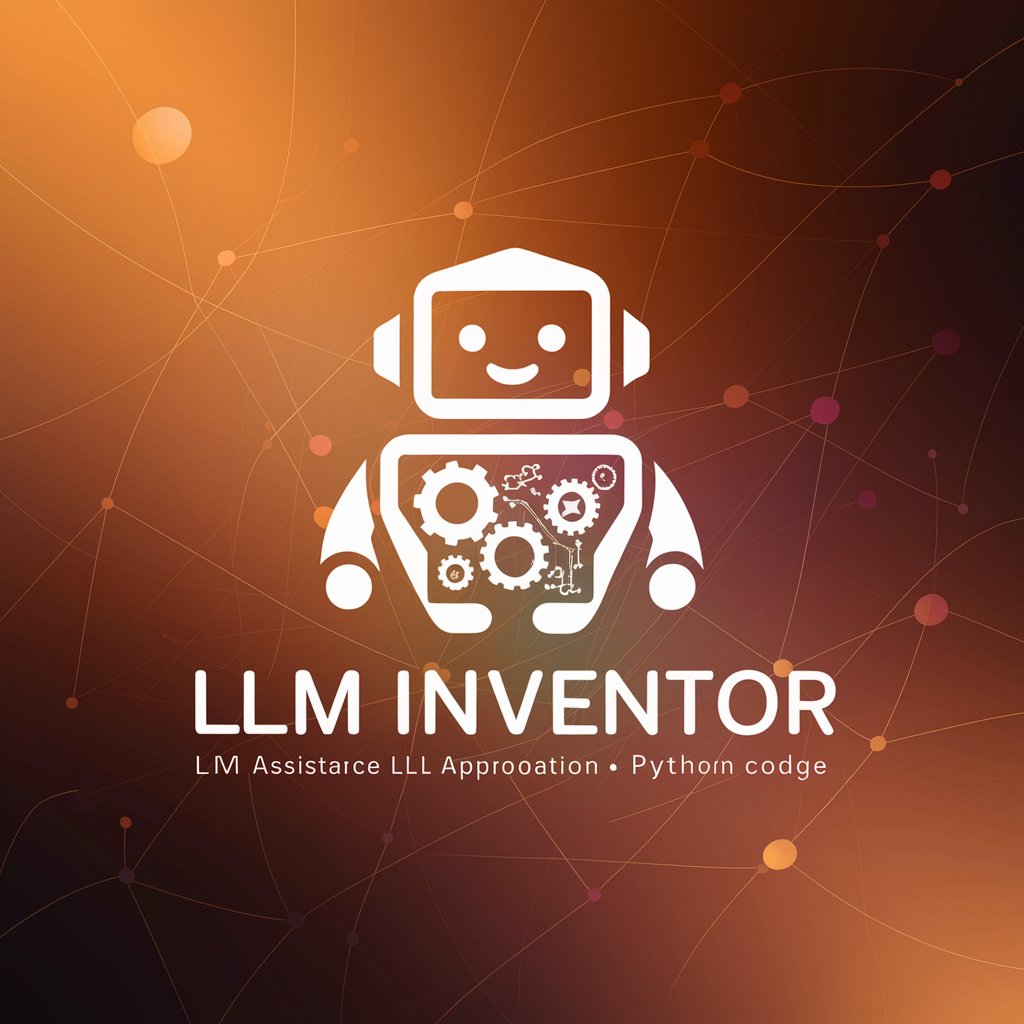
LLM Teacher
Harness AI to Learn and Grow
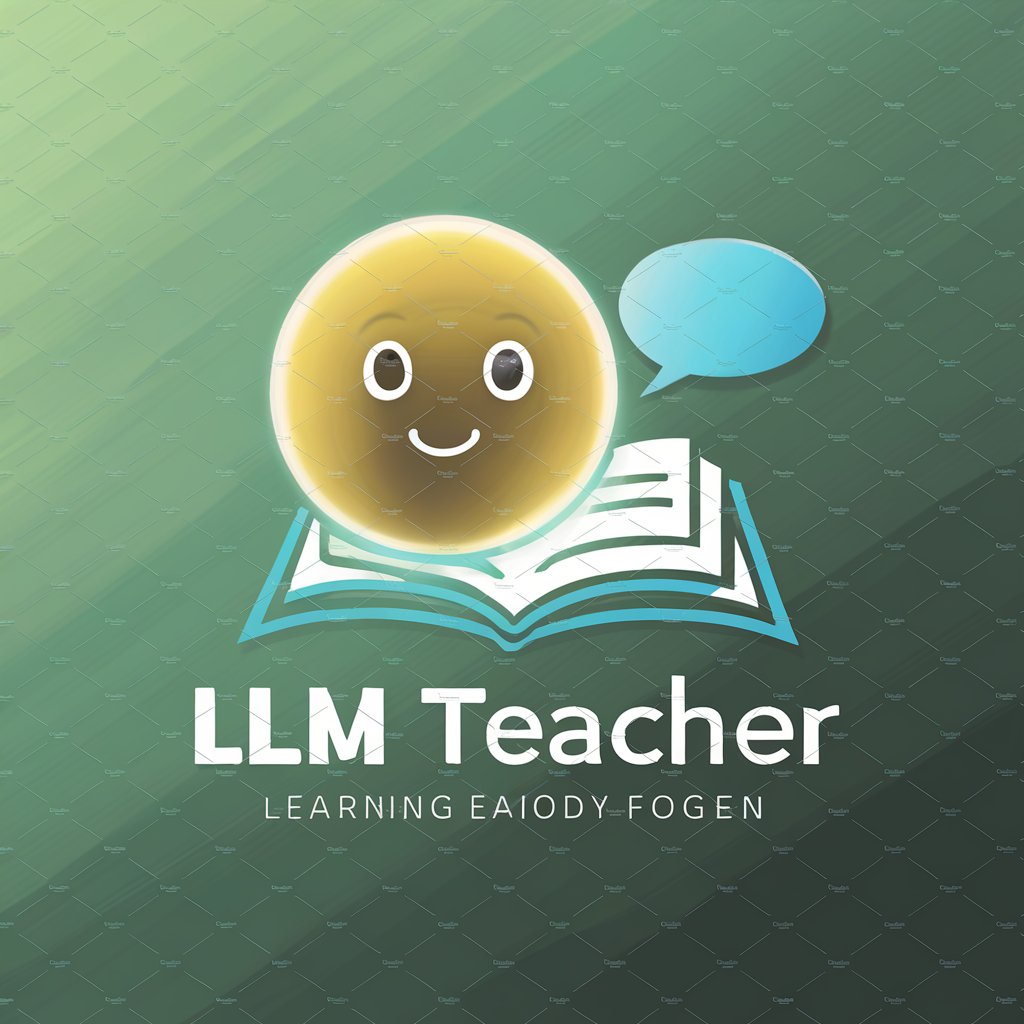
LLm tuner
Decipher research with AI-powered analysis

Philosophers' Find
Unlocking Wisdom with AI
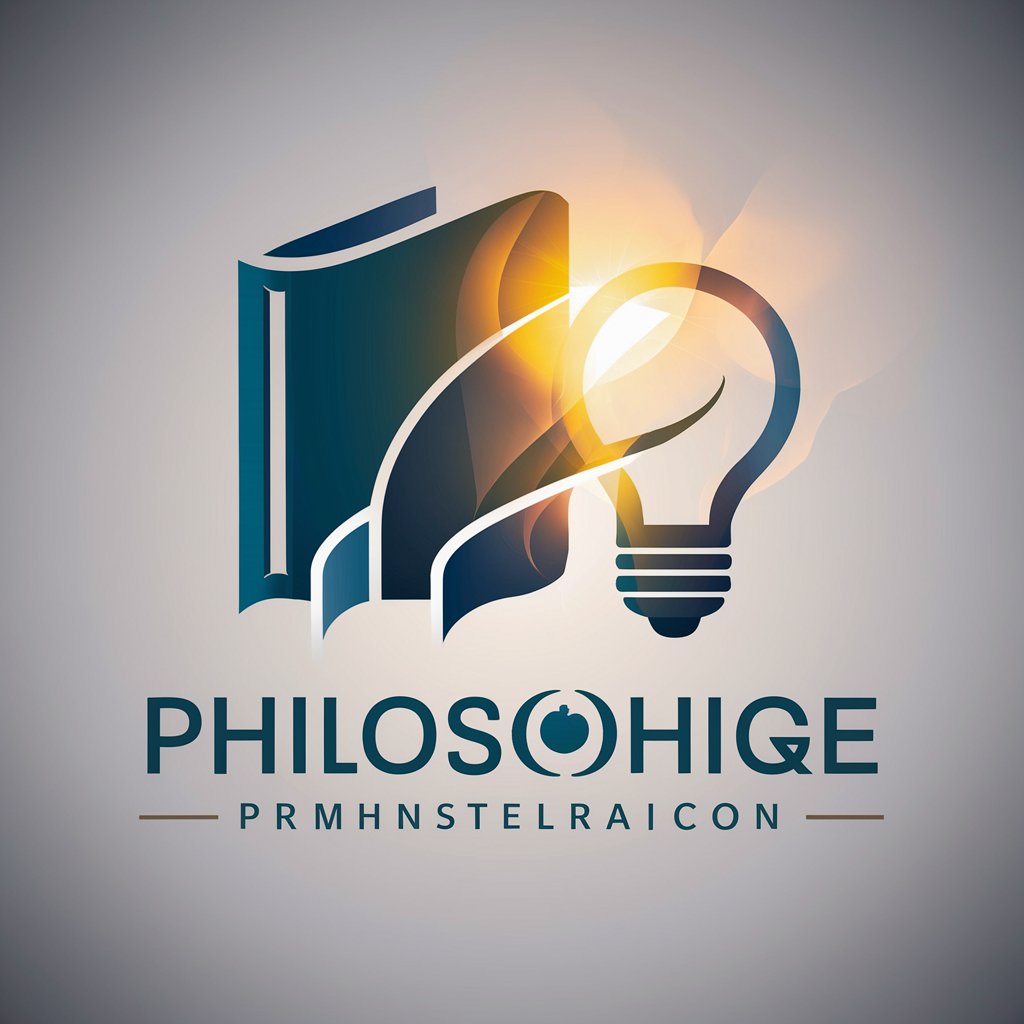
Help Student5
Empowering Your Database Journey with AI
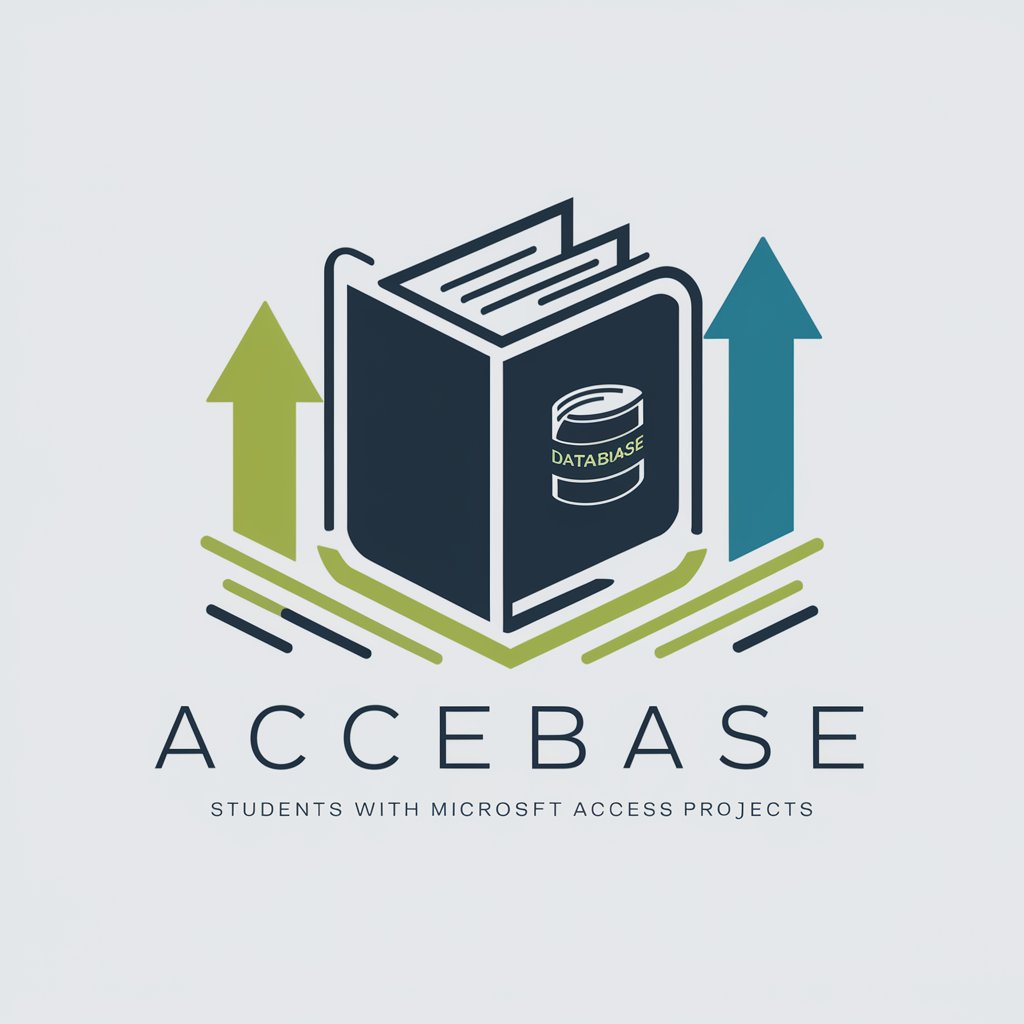
Exam Coach for Parents
Smart Support for Smart Students
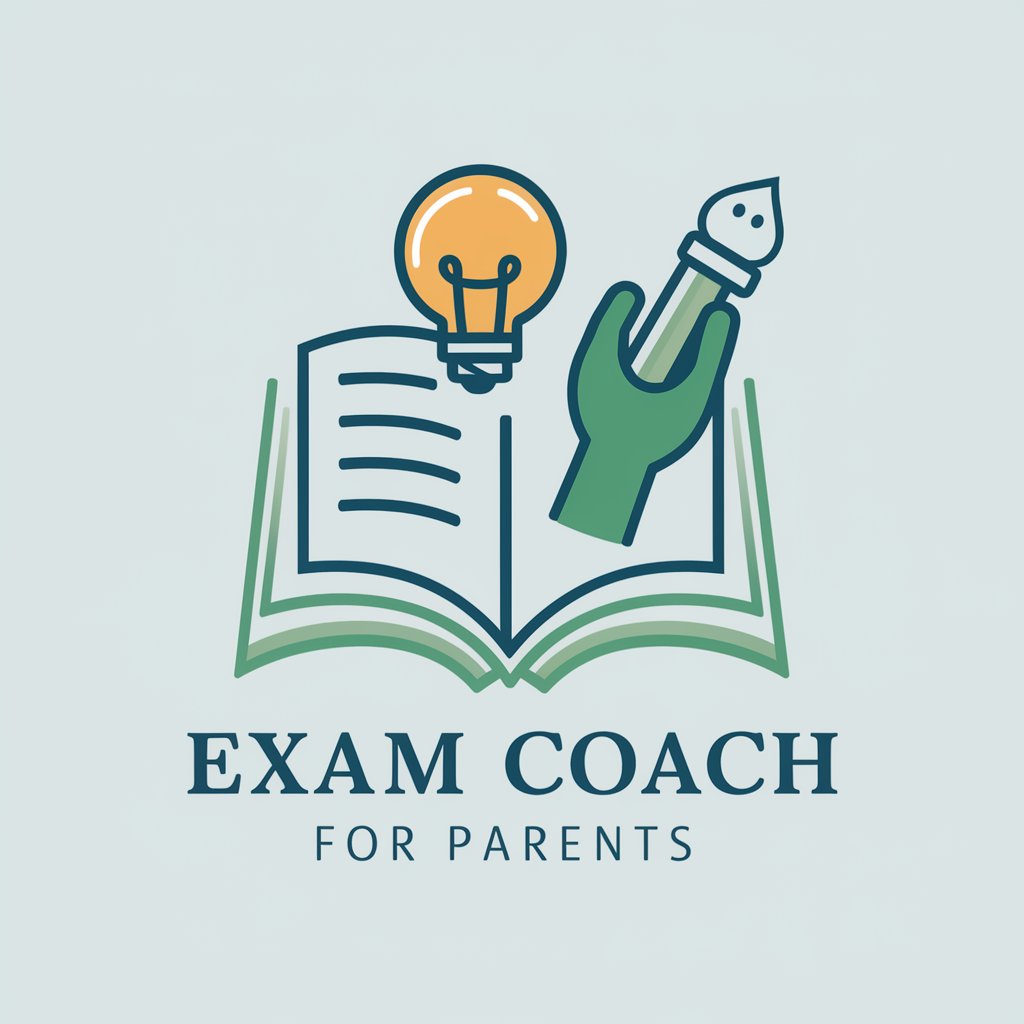
Poprawienie gramatyki [PL]
Polish your texts with AI precision.
![Poprawienie gramatyki [PL]](https://r2.erweima.ai/i/1QzGy_KDSMOZuEL1khzvcA.png)
Marketplace Content Creator
Elevating Marketplace Presence with AI

Vue3 + Quasar
Build Responsive Apps Faster with AI

Story Weaver
Craft Your Tale with AI

Pergunte à Josué
AI-powered spiritual guidance

Korean Translator
Translate English to Korean seamlessly.
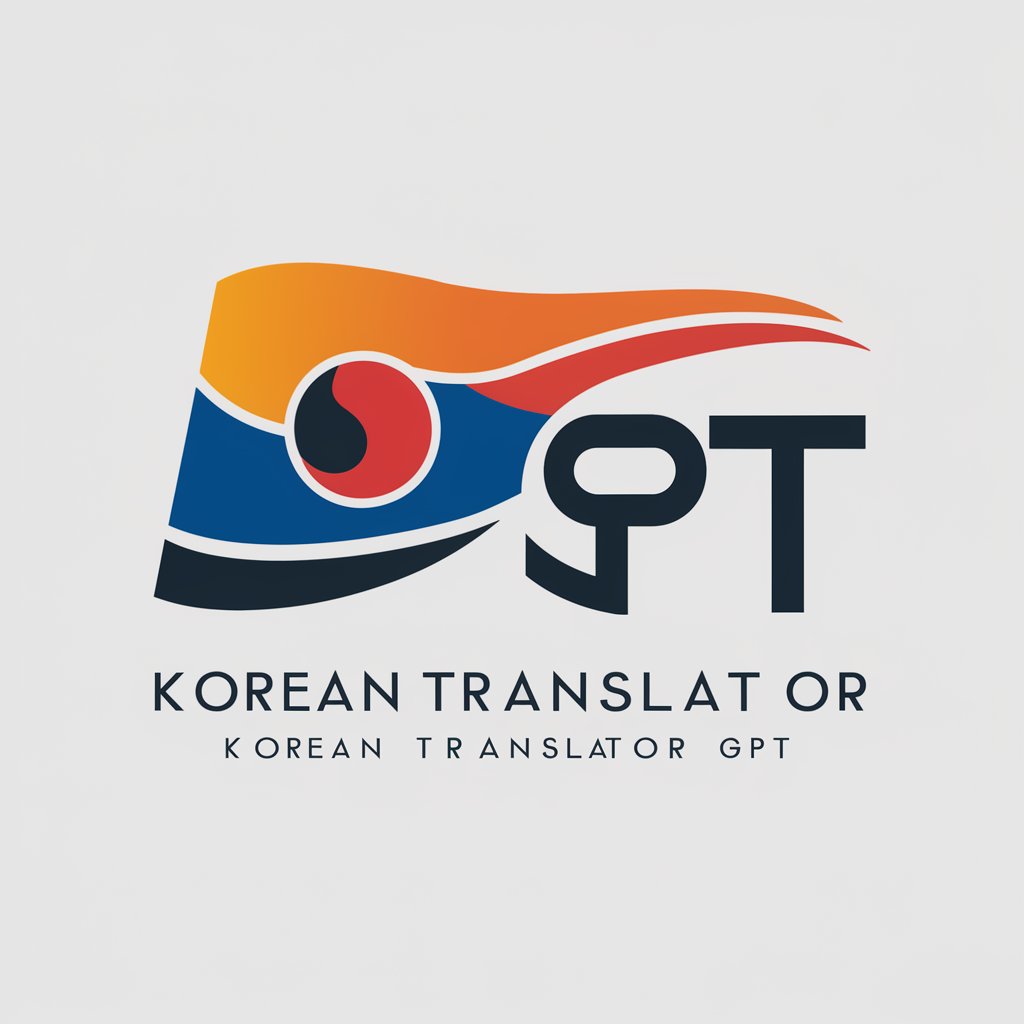
Common Questions about LLM Expert
What is LLM Expert primarily used for?
LLM Expert is a specialized AI tool designed to assist with detailed research, machine learning projects, academic writing, and personalized question-answering for advanced technical topics, especially in the field of large language models.
How can LLM Expert help with machine learning research?
LLM Expert provides innovative research ideas, methodologies, and conceptual frameworks for machine learning, with a focus on Large Language Models. It also offers guidance on datasets, potential experiments, and impact-driven research directions.
Do I need to have a technical background to use LLM Expert effectively?
While LLM Expert is designed to assist PhD-level machine learning researchers, it can adapt to various skill levels by offering detailed, contextual answers based on the user's input, whether technical or general.
Can LLM Expert help with academic writing?
Yes, LLM Expert can assist in structuring research papers, generating content for introductions, related work sections, and suggesting references. It helps refine research questions and methodologies in academic settings.
What makes LLM Expert different from other AI tools?
LLM Expert is tailored for specialized tasks, offering depth and innovation in machine learning research, technical writing, and critical thinking. It goes beyond general AI tools by delivering domain-specific, research-oriented answers.
